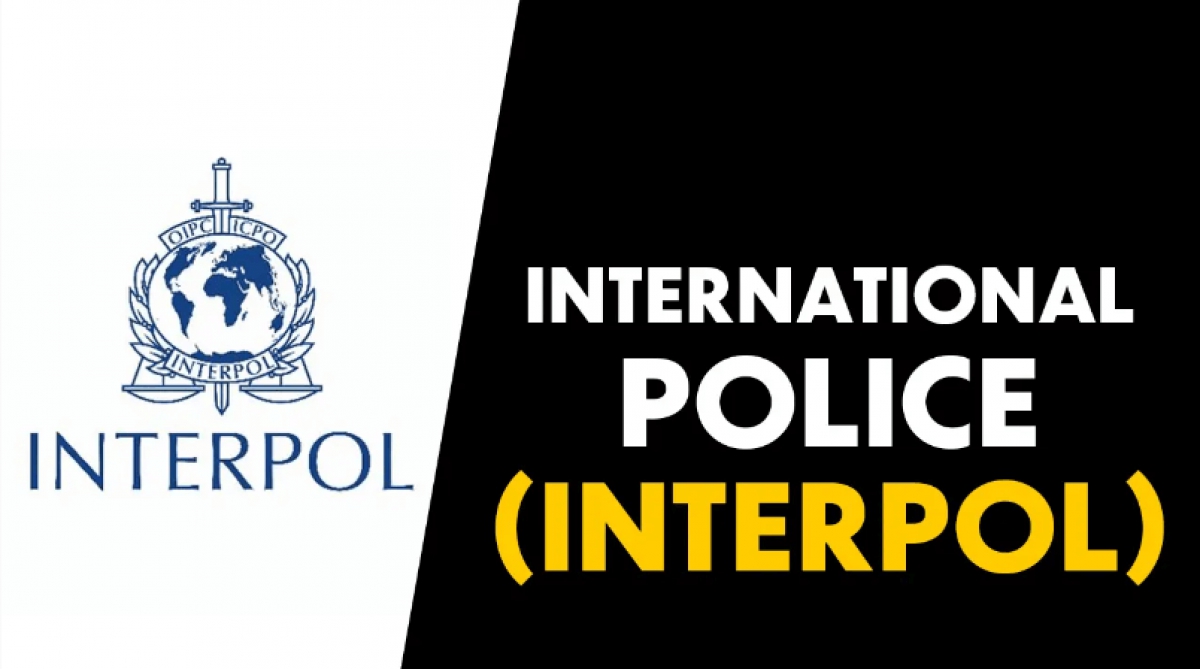Lecturer at the Department of Psychology of the Dnipro Institute of PrJSC HEI "IAPM", legal expert, psychologist of the Amur-Nizhnodniprovsky district department of the branch of the State Institution "Probation Center" in Dnipropetrovsk region, member of the International Association of Psychologists and Consultants on Sexual Education Eduard Abashia informs about the following. International Day of Police Cooperation is a United Nations holiday celebrated annually on September 7. It was established in honor of the founding of Interpol and to emphasize the role of law enforcement agencies worldwide in maintaining peace, security and justice. For most of human history, cooperation between law enforcement agencies of different countries was organized mainly on an individual basis.
The world's first initiative of international law enforcement cooperation was the Police Union of German States, established in 1851. It united the forces of secret police from various German-speaking countries.
The United Nations General Assembly proclaimed September 7 as the International Day of Police Cooperation during its 77th session in December 2022. The first celebration took place on September 7, 2023, coinciding with the 100th anniversary of Interpol's founding. The main focus was on the crucial role of women in policing.
The main purpose of the International Day of Police Cooperation is to emphasize the central role played by the global law enforcement community in ensuring global security, as well as the importance of international coordination between police and law enforcement agencies in preventing and combating crime.
Events held on this occasion are aimed at strengthening international cooperation at various levels (global, regional and subregional) in areas related to the prevention and fight against transnational crime, as well as preventing and countering terrorism. They are also designed to strengthen cooperation between the United Nations and Interpol in key areas such as global health, financial crime and corruption, cybercrime, emerging technologies and maritime security.
During World War II, most member states withdrew from the International Criminal Police Commission (ICPC) as it was under the control of Nazi Germany. After the war, the ICPC was revived as the International Criminal Police Organization and opened a new headquarters in Paris. In 1956, it adopted a new charter and the short name - Interpol. Subsequently, Interpol's headquarters was moved to Saint-Cloud in 1967, and to Lyon in 1989. The liaison office is located in New York, USA.
The International Criminal Police Organization - INTERPOL consists of:
- General Assembly;
- Executive Committee;
- General Secretariat;
- National Central Bureaus;
- Advisers;
- Commission for the Control of Files.
The General Secretariat is the body of Interpol that operates 24/7, 365 days a year. For effective functioning, the General Secretariat has 6 regional bureaus:
- Argentina (Buenos Aires)
- Cameroon (Yaoundé)
- Côte d'Ivoire (Abidjan)
- El Salvador (San Salvador)
- Kenya (Nairobi)
- Zimbabwe (Harare)
They unite the police of the region to exchange experience and address common crime problems.
Interpol has 196 member countries, making it the largest police organization in the world. They work together and with the General Secretariat to exchange data related to police investigations.
The organization employs about 1,000 staff, a quarter of whom are law enforcement officers seconded by their countries' national administrations. Staff work in any of the Organization's four languages: Arabic, English, French and Spanish.
Interpol has special representations at the African Union in Addis Ababa, the European Union in Brussels and the United Nations in New York, as well as liaison offices at the UN Office on Drugs and Crime in Vienna, at Europol in The Hague and in the Caribbean region in Bridgetown, Barbados. This presence allows for close cooperation with other organizations that share the mission of preventing and combating transnational crime. They also make joint efforts to strengthen regional and global security.
Today, Interpol is the world's leading international police organization, but it is not the only organization that promotes international police cooperation. For example, its European counterpart, the European Union Agency for Law Enforcement Cooperation (Europol), was established in 1998. It coordinates cooperation between law enforcement agencies of the European Union.
The International Day of Police Cooperation emphasizes the crucial role of international cooperation between law enforcement agencies in combating transnational crime, terrorism and various global security threats. This day serves as a reminder of the importance of cross-border exchange of intelligence, resources and experience to effectively combat organized crime networks, terrorism, human trafficking, drug trafficking, cybercrime and other types of illegal activities that go beyond national borders. Through coordinated efforts and information sharing, countries can enhance their ability to prevent and respond to new security challenges, ensuring the safety and well-being of communities around the world, the psychologist noted.
 Eng
Eng  Укр
Укр 



